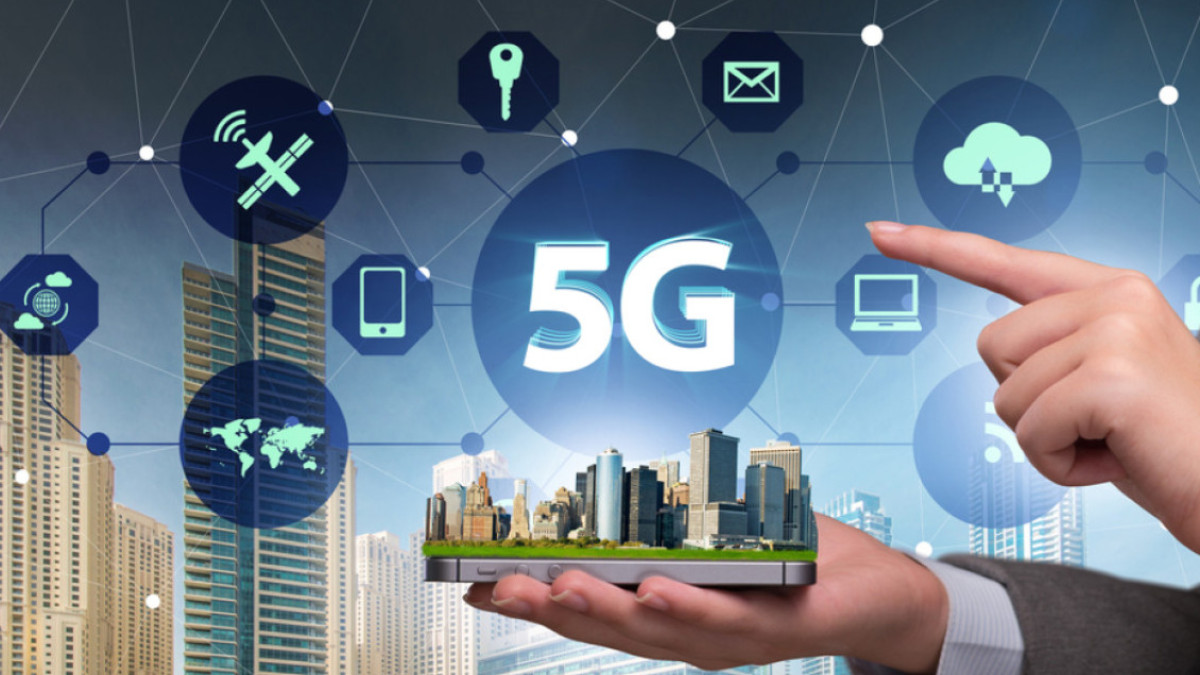The advent of 5G technology has heralded a new era in connectivity, promising faster speeds, lower latency, and greater reliability. Beyond merely enhancing mobile communication, 5G technology is poised to revolutionize multiple industries, unlocking unprecedented possibilities. In this article, we will delve into the potential of 5G across various sectors and explore the transformative impact it is expected to have on industries worldwide.
Table of Contents
1. Telecommunications and Mobile Networks:
a. Ultra-Fast Speeds:
5G’s primary promise is ultra-fast speeds, allowing for seamless high-definition video streaming, lag-free online gaming, and instantaneous content downloads.
b. Low Latency:
The significantly reduced latency in 5G networks enables real-time communication, making applications like augmented reality (AR) and virtual reality (VR) more immersive and responsive.
2. Healthcare:
a. Telemedicine and Remote Surgery:
With the low latency of 5G, telemedicine can provide real-time consultations, and remote surgery can become more feasible with surgeons controlling robotic arms from a distance.
b. IoMT (Internet of Medical Things):
The Internet of Things (IoT) in healthcare can flourish with 5G, enabling connected medical devices to transmit data in real-time, facilitating timely patient monitoring and intervention.
3. Automotive and Transportation:
a. Connected Vehicles:
5G supports the development of connected vehicles, enabling seamless communication between cars, traffic lights, and infrastructure. This can enhance road safety and traffic management.
b. Autonomous Vehicles:
The low latency of 5G is crucial for autonomous vehicles, allowing them to make split-second decisions based on real-time data from sensors and communication with other vehicles and infrastructure.
4. Manufacturing and Industry 4.0:
a. Smart Factories:
5G facilitates the implementation of smart factories, where machines and devices can communicate and coordinate in real-time, optimizing production processes and reducing downtime.
b. Remote Maintenance:
With 5G, industrial equipment can be monitored remotely, and maintenance tasks can be performed in real-time, minimizing disruptions and increasing overall efficiency.
5. Entertainment and Media:
a. Augmented and Virtual Reality:
The high speeds and low latency of 5G enhance AR and VR experiences, making them more accessible for gaming, live events, and immersive storytelling.
b. High-Definition Streaming:
Streaming services benefit from faster download speeds, reducing buffering times and providing users with a seamless, high-quality viewing experience.
6. Retail:
a. Enhanced Customer Experience:
5G enables retailers to offer immersive shopping experiences, such as AR-powered try-on applications and interactive in-store displays, enhancing customer engagement.
b. Supply Chain Optimization:
Real-time tracking and monitoring in the supply chain become more efficient with 5G, enabling businesses to enhance logistics, reduce delays, and improve overall supply chain management.
7. Education:
a. Remote Learning:
5G supports the growth of remote learning by providing high-speed, stable connectivity, allowing for interactive online classes, virtual field trips, and collaborative projects.
b. IoT in Education:
Connected classrooms and IoT devices can streamline administrative tasks, improve security, and enhance the overall learning environment with 5G.
8. Banking and Finance:
a. Mobile Banking and Transactions:
Faster and more reliable connectivity contributes to the growth of mobile banking, enabling quick and secure transactions from anywhere.
b. IoT in Finance:
5G facilitates the integration of IoT devices for secure financial transactions, real-time data analytics, and enhanced cybersecurity measures.
Conclusion:
The potential of 5G technology spans across a multitude of industries, offering a foundation for innovation and transformative change. From revolutionizing healthcare delivery and manufacturing processes to redefining the way we entertain and educate, 5G is a catalyst for the Fourth Industrial Revolution.
As its infrastructure continues to expand globally, the collaborative efforts between technology providers and industries will unlock new possibilities, shaping a future where connectivity is not just fast but also intelligent, responsive, and integral to the advancement of society as a whole.
